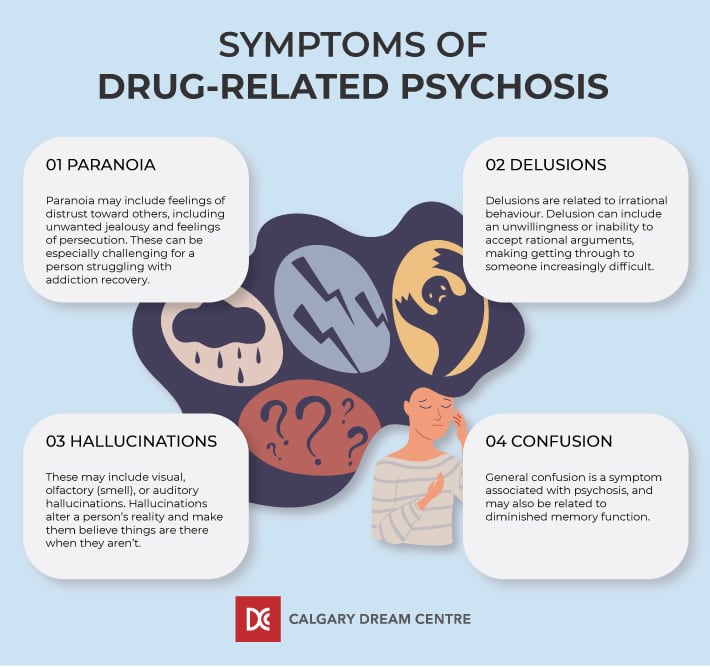Addiction and mental health are delicately intertwined. People struggling with addiction can often experience diminished mental health, particularly when they feel like they have no resources or a support system to turn toward.
Understanding how addiction to drugs or alcohol can lead to mental health issues and how to recognize symptoms of mental illness is crucial to helping people get the help they need to overcome their addiction.
Addiction & the Brain’s Reward System
Addiction may begin with the use of substances like drugs or alcohol. Some individuals may be addicted to a specific type of alcohol or a drug like heroin or opioids. The key to understanding addiction is grasping how the brain’s reward system works.
When we do something that gives us pleasure, our brain releases a hormone called dopamine. Dopamine is sometimes referred to as the “feel-good” hormone, providing a sense of pleasure and euphoria when someone does something that gives them pleasure.
From an evolutionary standpoint, the brain’s reward system tells us when we’re doing things we need to survive.
Changing the Brain
Substance use can drastically change the brain’s reward system. As a person becomes increasingly reliant on alcohol or drugs, their brain needs more exposure to that drug to feel the reward associated with dopamine.
When a person first uses a substance, they may feel a “high” with feelings of euphoria associated with their use. The issue with substances is how they deplete the brain’s ability to feel pleasure.
Addiction develops by changing the brain’s relationship with dopamine. Not only does the brain rely on a substance to generate dopamine, but each time it experiences the high associated with the substance, it diminishes gradually.
This numbing effect is challenging to overcome and can impact a person’s mental health in profound ways.
Mental Health & Addiction
Addiction can lead to serious long-term side effects when it comes to a person’s mental health. The diminished ability to feel joy associated with dopamine can lead to:
- A negative outlook on life
- Sudden mood swings
- Depression & anxiety
- Relationship challenges
- Loss of motivation
As these symptoms progress, they can affect a person’s life in profound ways. Their relationship with their loved ones may become strained, and mental health challenges can lead to other issues beyond substance abuse.

Drug-Related Psychosis
Psychosis refers to seeing the world differently from others and having difficulty distinguishing between what is real and what is not. Drug use can lead to psychosis like hallucinations and delusional thinking.
A person experiencing a drug-related psychotic episode may experience paranoia, leading to behaviour associated with bipolar disorder or schizophrenia, such as aggression, confusion, or distrust.
Drug-induced paranoia can result from many different drugs, particularly hallucinogens. These drugs may include:
- Cannabis
- Cocaine
- Amphetamines
- Methamphetamines
- Psychedelics
Drugs & Current Mental Health Challenges
If a person already suffers from mental health challenges like depression, anxiety, or bipolar disorder, drug use can exacerbate them.
For example, some people may use cannabis to relax and feel less anxious. Others may depend on alcohol to help them loosen up.
These substances can also have the opposite effect on people. Diminished dopamine delivery means drugs can make a depressed person even more depressed or an anxious person more anxious.
Regulating drug and alcohol use is key—which is where understanding addiction helps. Educating people on the risks associated with substance use is essential, especially for those who experience mental health challenges. People with existing mental illnesses are at an even higher risk of experiencing addiction.
Providing Help
Calgary Dream Centre provides individuals struggling with addiction a place to access resources and care to begin their recovery journey. Programs like housing and individualized recovery plans are just a few of the resources we put in place to help people. Get in touch with us to learn more. If you or someone you know is struggling with addiction, please contact us as soon as possible. The journey to recovery can be lonely—but the dedicated team at Calgary Dream Centre is here to help.



